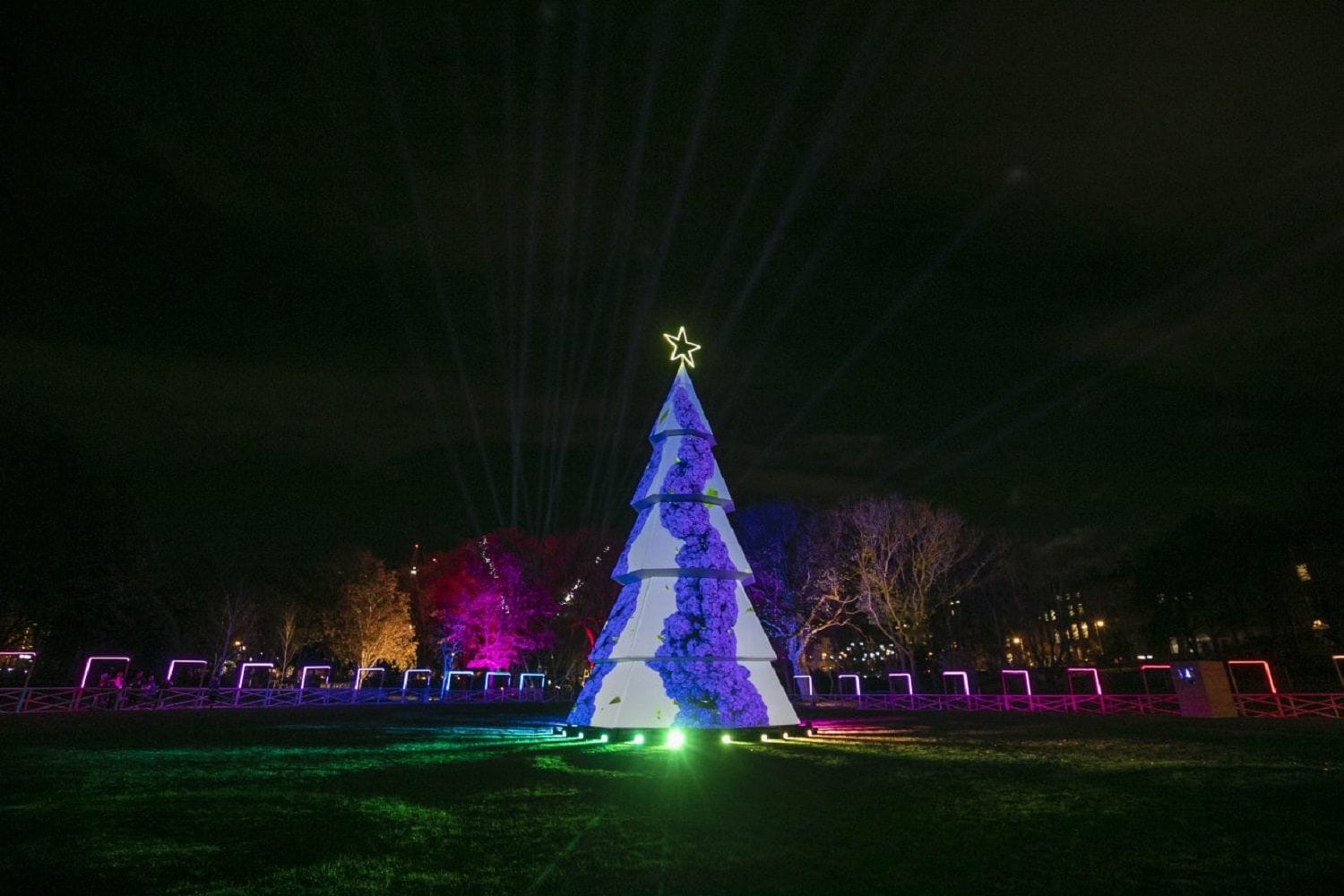What’s the best way to tell area residents about plans for a new asylum shelter nearby?
The government should tell communities directly about plans for new asylum shelters, some activists and politicians say.
People who get free tickets often don’t show, which means it’s hard for planners to predict crowd size and ensure safety, a council report said.

Dublin City Council wants to bring in small fees for some big public events, said a council official to councillors on Monday.
That’s because it’s difficult with free events to predict and plan for how many people turn up and so ensure crowd safety, said Simon Clarke, the events unit’s administration officer, at the arts and culture committee meeting on 27 February.
Clarke, in a report put before councillors on the committee, asked them to back bringing in these small fees.
The idea would be to charge somewhere between €2 to €5 a ticket, or for a group of tickets, the report says.
“When you have very good, innovative, creative events, a lot of people will want to go, and for safety reasons, we will only ticket on the recommendation of the safety officer there, or the event controller,” said Clarke.
Committee members were largely accepting of the recommendation, with a one-year review of the policy proposed by the chairperson, Social Democrats Councillor Cat O’Driscoll.
Among the potential events for which a charge may apply, the report cited the Merrion Square Winter Lights, for which such a charge was introduced in 2022.
According to Clarke’s report, if the council ticketed family-oriented events, that would mean organisers could accurately assess risks, like capacity, security and evacuation procedures.
In 2021, the council didn’t charge for the Dublin Winter Lights at Merrion Square and people snapped up 30,400 free tickets. Then 48 percent of them didn’t show up.
In 2022, the council charged €2 for a ticket, which gave entry for one adult and two children, and the rate of no-shows plummeted. Just 11 percent of the almost 38,000 pre-booked tickets went unused.
Clarke said the money raised from ticketing fees would be distributed equally among the council’s five area offices. “All those monies that would be ring fenced would be established into what is called an events community fund and that would go back in.”
A similar arrangement would apply to third-party commercial events in the city centre, the report says. The council’s events unit would agree with the organiser on a percentage of the ticketing fee, and this money would be ring-fenced for the council’s events community fund.
Arts committee member Ciarán Taylor, director of the White Cane Audio Theatre said wherever possible, events should be open for people to turn up at.
“That’s the spontaneity that’s required in a city where you can come across events, or you mightn’t be able to plan for exactly,” he said.
Much of the discussion among members of the arts committee focused on the cost of events, and making sure they are affordable.
Clarke’s report says the council recognised that €2 or €5 a ticket might be more than some people could afford.
“In those genuine hardship cases, Dublin City Council Events will manage these situations with the utmost compassion and confidentiality,” the report says.
At the committee meeting, Sunil Sharpe, the DJ and campaigner with Give Us the Night, asked if the report referred to the recent Dublin New Year’s Festival.
Tickets for a live event on the North Wall Quay, headlined by Westlife, cost €34.90, he said. “It’s not 100 percent a council-led event, but it is a council-affiliated event.”
“There was a lot of public feedback, let’s say, towards the New Year’s Festival event, and one of the ongoing issues in the city is access to events and the prohibitive costs of some events,” Sharpe said.
Clarke said Dublin City Council was not involved in the New Year’s Festival and didn’t fund it.
Fine Gael Councillor Anne Feeney said that while the festival was privately organised, it was on public streets with access restricted to people who wanted to go along.
“There needs to be built into the licence at some of these private events that there would be a certain number of tickets at nominal price or free for the public to attend,” she said.

Feeney also pointed to events in the city for St Patrick’s Day Festival, like the food festival at the Smithfield fruit and vegetable market, or the parade where prices for a seat in the stand start at €100.
The council must be careful that the city does not become elitist, she said.
“We see high prices for rugby matches, for soccer matches, etcetera, and now we’re seeing prices jump up for what we supposed were public events,” she says.
Sharpe said that if the council equipped the fruit and vegetable market with toilets, this could keep down prices for private operators running events in the space.
Councillor O’Driscoll asked Clarke if something could be done on a licensing side to address the issue of events that aren’t run by the council being inaccessible.
Clarke said that events as the St Patrick’s Day and New Year’s Eve festivals would require an outdoor licence through the council’s planning department.
In the case of the St. Patrick’s Day and New Year’s Eve festivals, there would be a public consultation, he said, before the council decides whether or not to grant them licences.
“So people can make their views known once those consultations have actually begun,” he said.
Get our latest headlines in one of them, and recommendations for things to do in Dublin in the other.